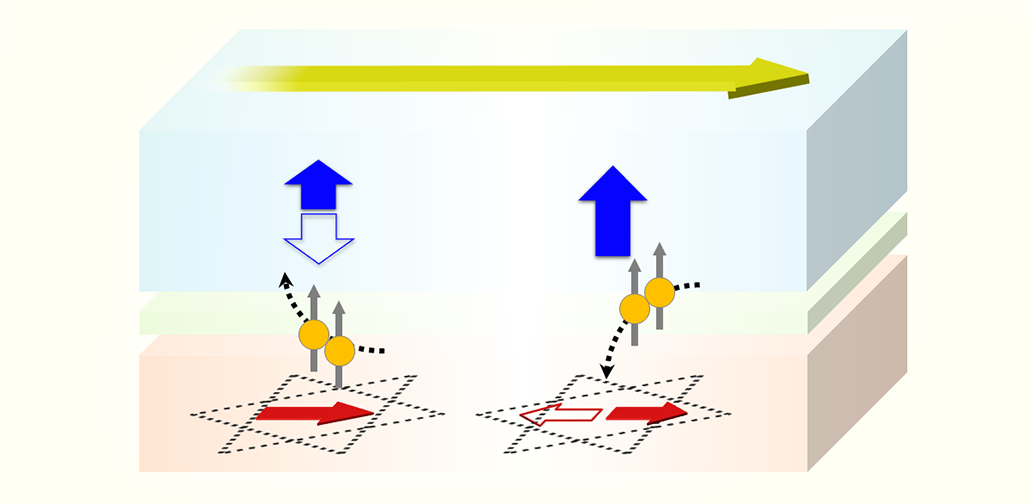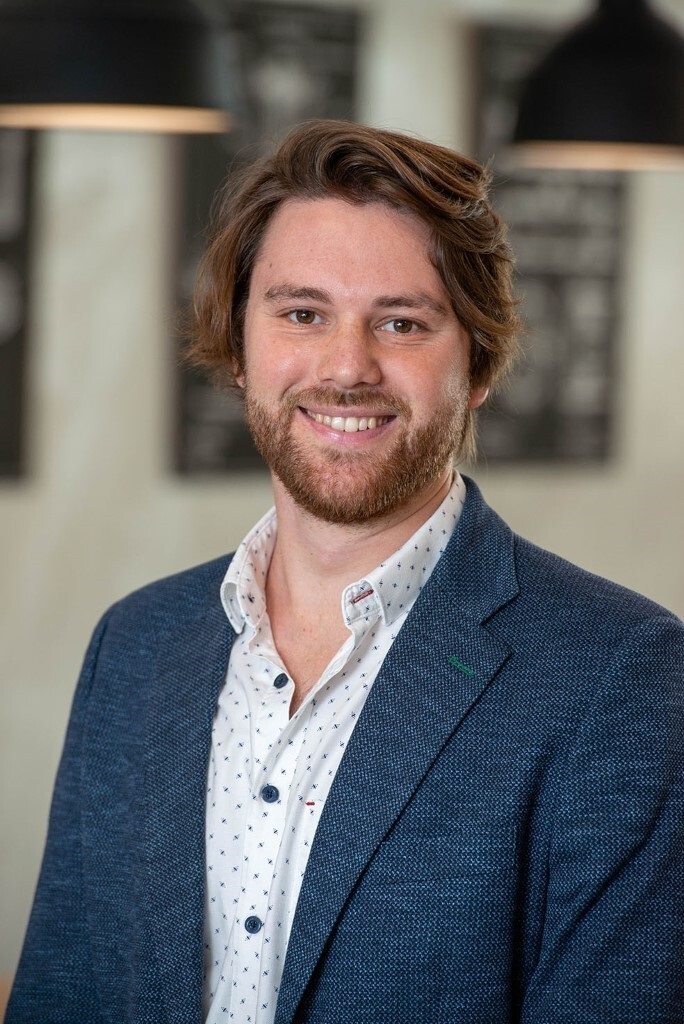SYDNEY NOVEMBER 15 – A world-first Australian innovation could solve an urgent unmet need for 463 million people living with diabetes worldwide, a new industry paper published by bioscience investment enterprise The iQ Group Global reports.
The paper, entitled Addressing the Challenges of Invasive Glucose Monitoring, reports a ‘high and urgent need for a non-invasive glucose monitoring option to improve testing adherence for millions of people worldwide living with diabetes and ultimately improve their long-term health outcomes and quality of life’. It concludes infrequent glucose monitoring with current invasive methods is putting people living with diabetes at a higher risk of serious long-term and irreversible health complications.
Regular self-monitoring of glucose levels throughout the day helps people with diabetes to understand the impact that food intake and physical activity have on their glucose levels. If these levels get too high or too low, it can cause serious complications such as blindness, heart disease, kidney failure and early death.
Up to 60 per cent of people with Type 1 diabetes and 67 per cent of those with Type 2 diabetes do not monitor blood glucose as often as recommended, with ‘fear of needles and pain of finger-pricking’ as the major reasons for reduced self-monitoring of blood glucose, the paper reports.
The Australian-invented Saliva Glucose Biosensor is the world’s first non-invasive replacement for finger-prick blood glucose testing.
Being developed by The iQ Group Global at the University of Newcastle (Centre for Organic Electronics), ISO testing has shown the Saliva Glucose Biosensor can accurately monitor glucose levels in saliva at concentrations 100 times lower than levels detected in blood by other glucose monitoring devices.
The paper references new data released by the International Diabetes Federation (IDF) for World Diabetes Day 2019 on November 14, which reports that 463 million people are currently living with diabetes globally – 25 million more people than was predicted by the IDF in 2010 for the year 2025.








